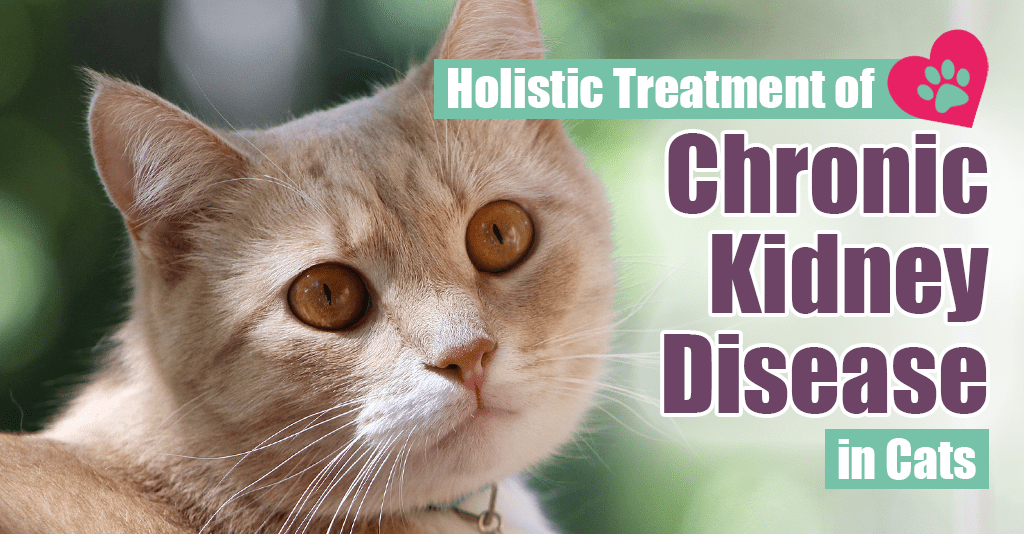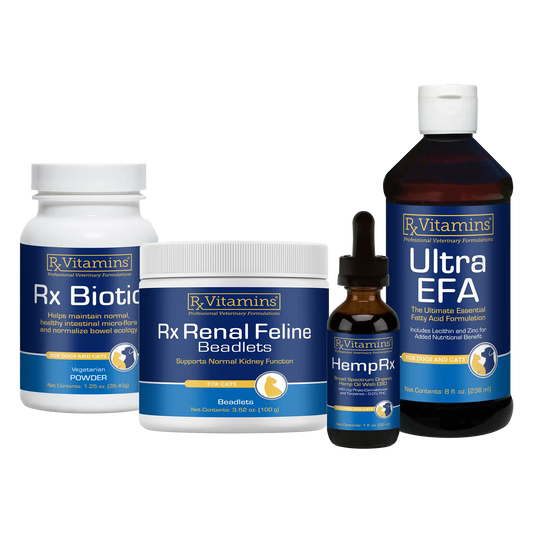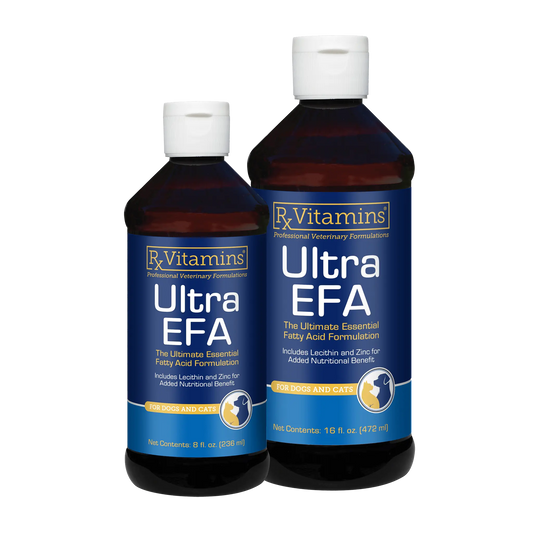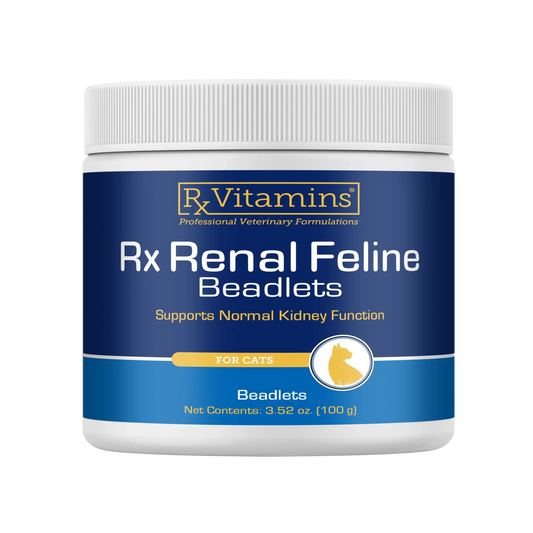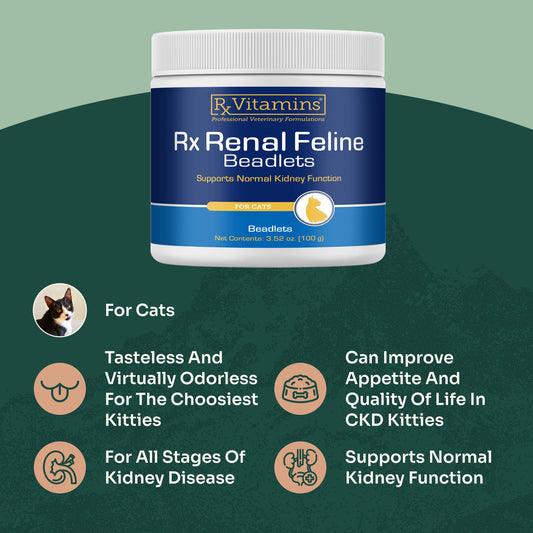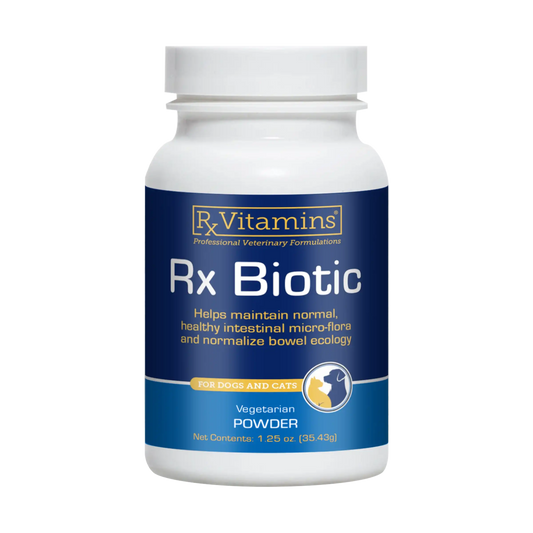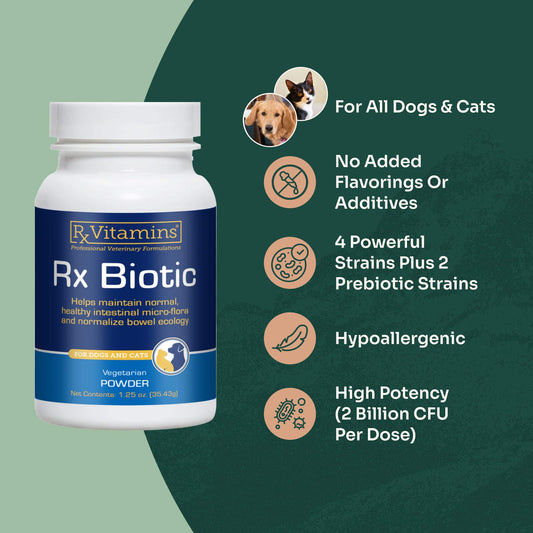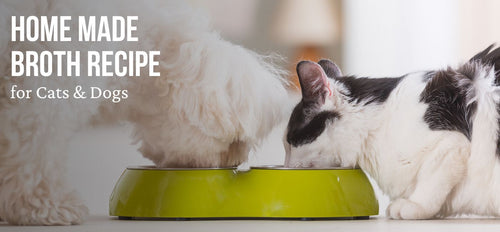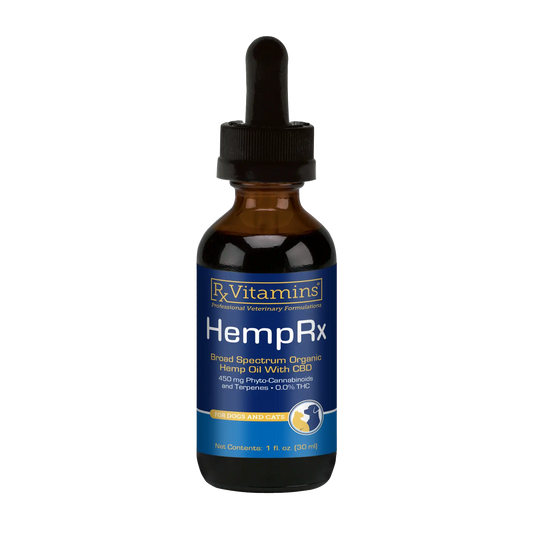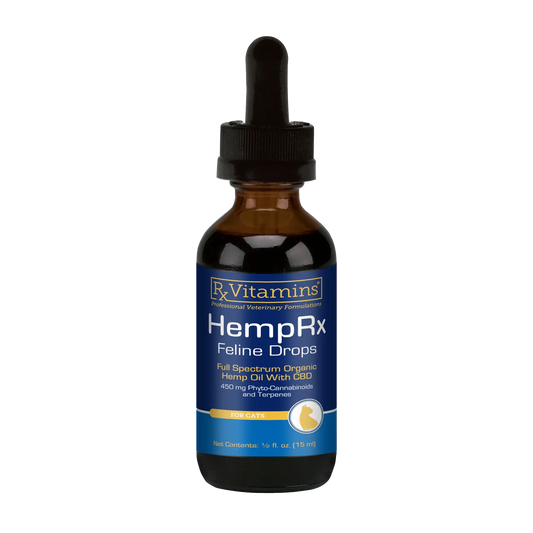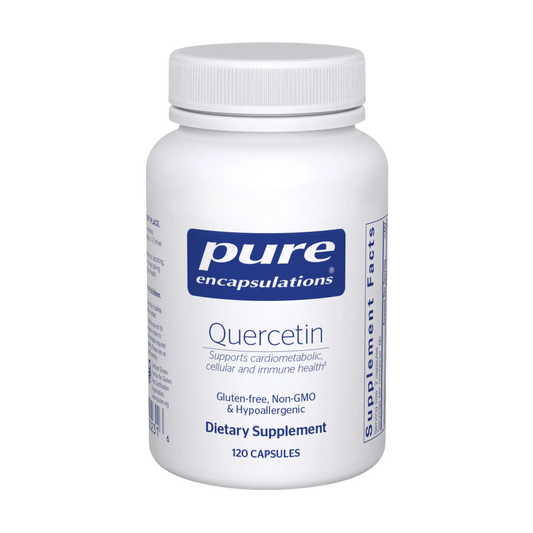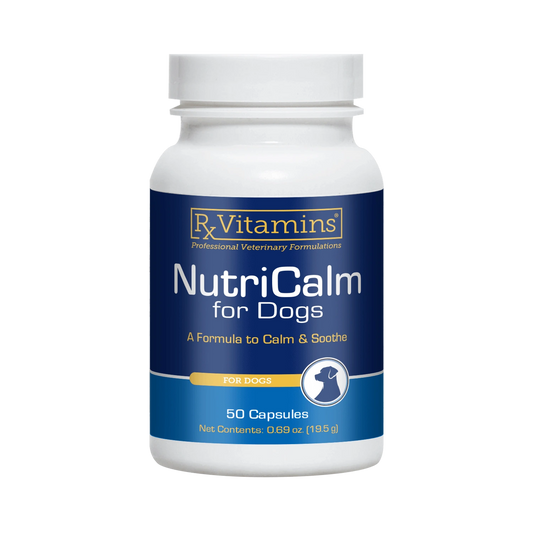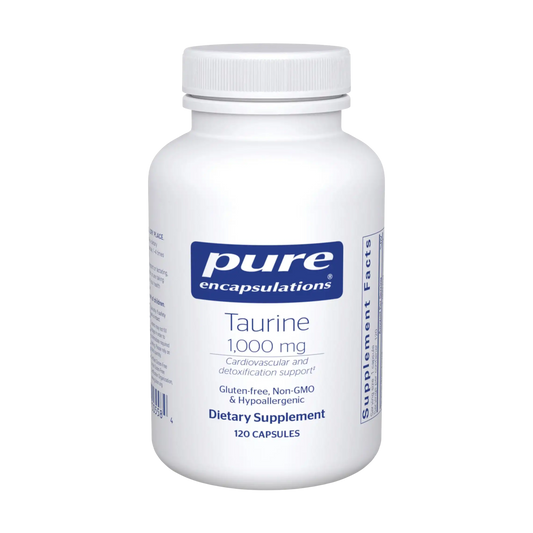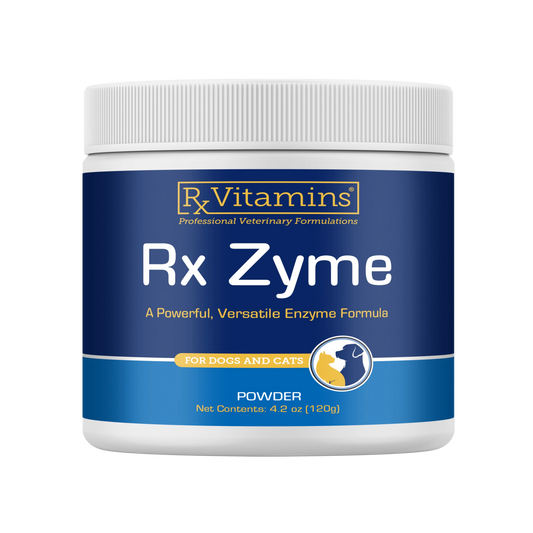Many older kitties suffer from CKD (Chronic Kidney Disease). While this disease is progressive, there is a lot we can do to help these kitties live longer and happier.
Below is my holistic approach to CKD (Chronic Kidney Disease) in cats:
- Diagnostics. When your cat reaches 7–8 years of age start monitoring blood work regularly. Be sure your veterinarian is checking your kitty’s thyroid and kidney function. Click here for a cheat sheet of laboratory values that we monitor for kidney function. If your kitty’s lab work indicates any signs of kidney disease, begin monitoring every 3–6 months.
- Diet. Water is key here. Cats are notorious for poor water drinking! The more moisture you can put in your cat’s diet the better. Generally, a raw or canned diet will have the most moisture. Avoid dry food at all cost.
Protein content is a major source of debate between allopathic and integrative veterinarians. The idea behind protein restriction is that you stress the kidneys less and build up fewer toxins in the bloodstream. While this may be true, cats as a whole are much healthier on a high-protein, low-carbohydrate diet. For this reason, many integrative veterinarians recommend normal amounts of protein in the interest of the whole cat, not just kidney function.
I see both sides, and generally give my clients the option to feed either. For my cat, Sammy, I continue to feed a high-protein diet.
Supplements. Let me start by saying, many cats won’t take any supplements. So, I have listed in order of importance the ones I recommend for chronic kidney disease:
- Fish Oil. I use high doses of fish oil to help reduce inflammation and recommend Ultra EFA.
- Rx Renal Feline Beadlets by Rx Vitamins. This is a great blend of herbs that help improve kidney function.
- Probiotics. I use Rx Biotic by Rx Vitamins for Pets. Probiotics can help improve digestion and reduce inflammation.
Save 10% when you purchase my Feline Kidney Disease Bundle!
Water. Like I mentioned earlier, cats are poor water consumers. Unfortunately, water is exactly what they need when their kidneys are failing. Using a water fountain, adding water to their food or flavoring the water with sardines are all great ways to help your kitty stay hydrated.
When kidney disease advances, subcutaneous fluids are needed to help your kitty stay hydrated and to flush toxins out of his/her blood. Generally, subcutaneous fluids can be given at home from twice weekly, to every day. Your veterinarian can help you decide when adding this therapy is appropriate for your kitty.
Chinese Medicine. Acupuncture and herbal therapy can be helpful in slowing down the progression of kidney disease. To find a veterinarian that practices Traditional Chinese Veterinary Medicine, check out IVAS or The Chi Institute.
As always, work with your veterinarian to make the best plan for your kitty. I would love to help you in any way I can. You can leave a comment below.
With love,
